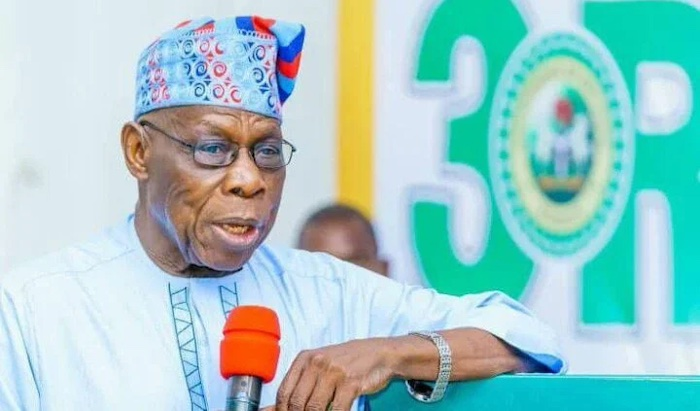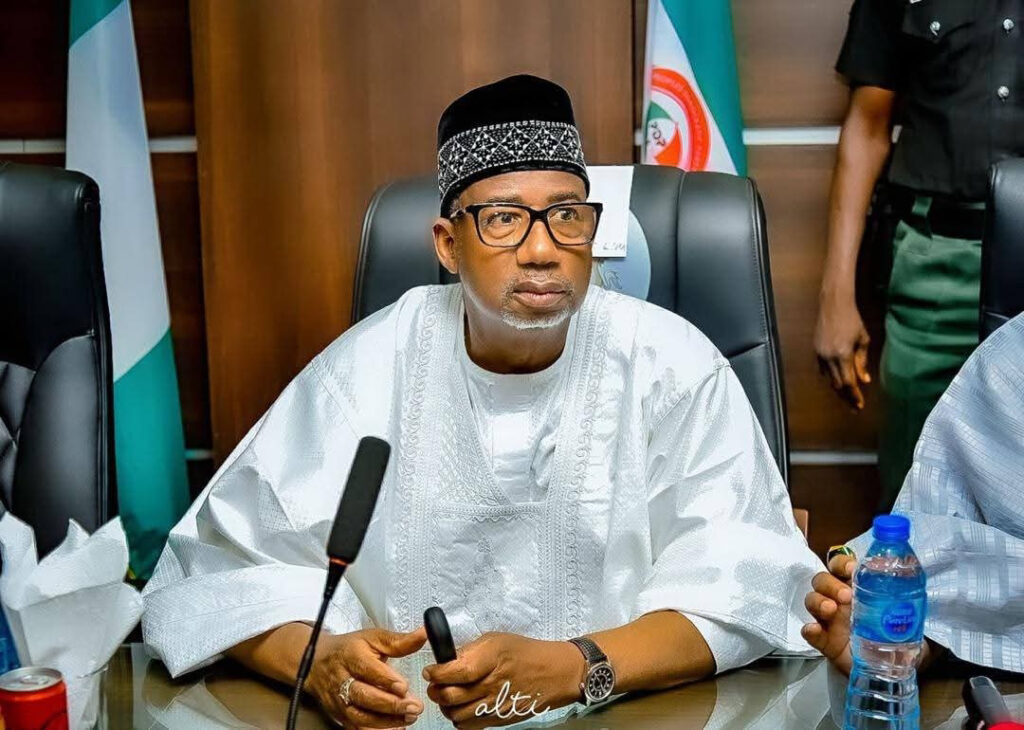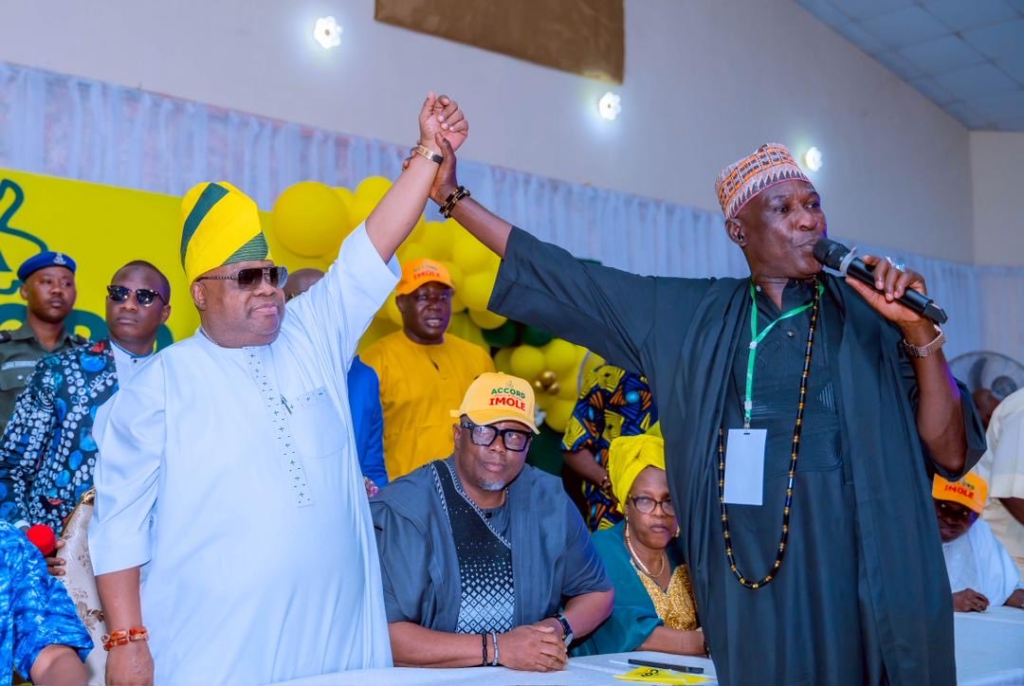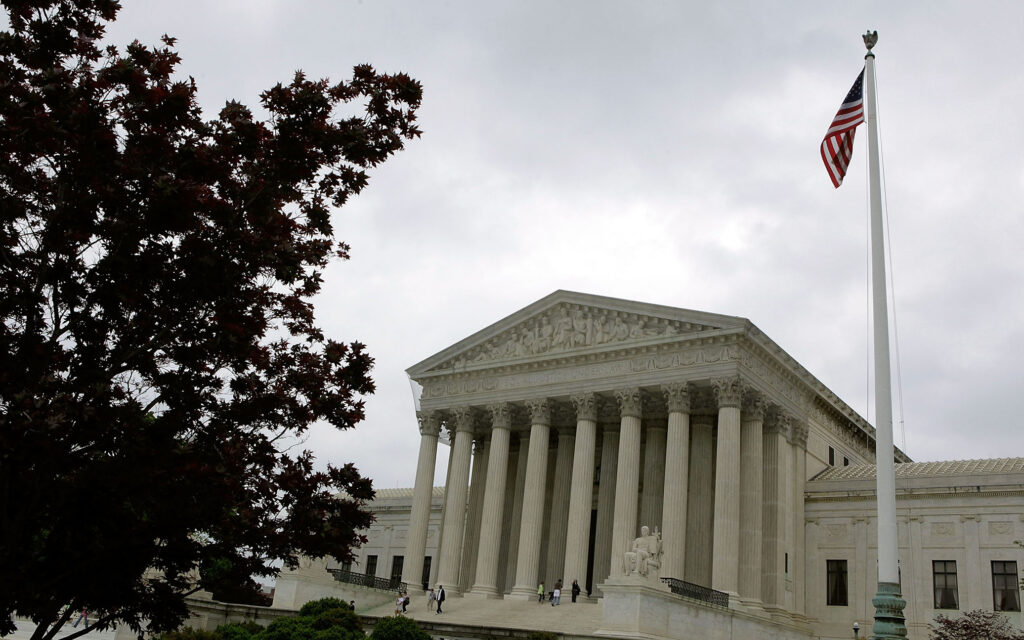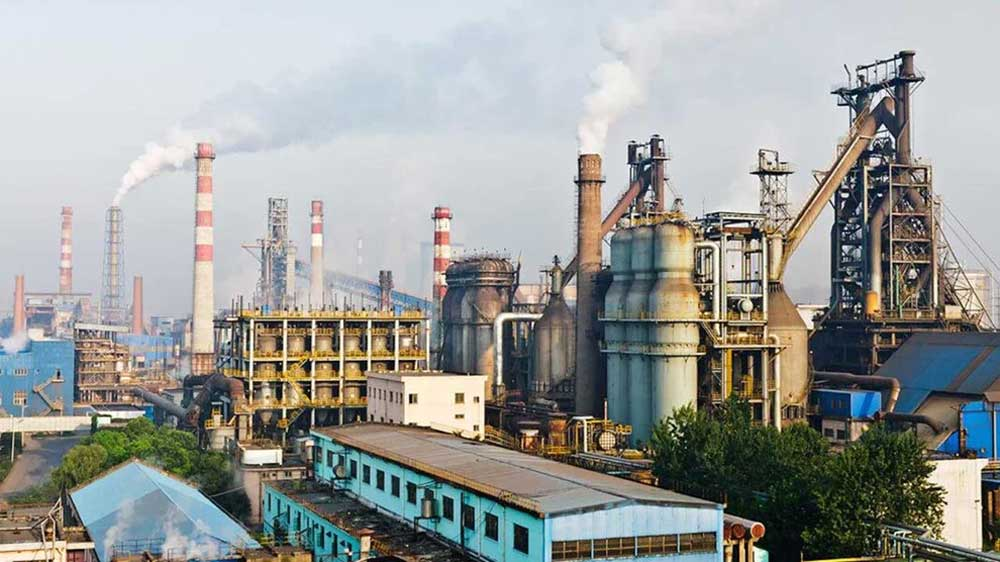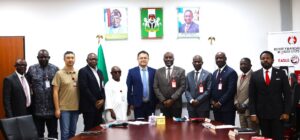President Donald Trump on Sunday doubled down on his tariff policy, saying it is designed to support high-value, strategic manufacturing—such as military equipment and advanced technologies—rather than consumer items like sneakers and T-shirts.
Speaking to reporters before boarding Air Force One in New Jersey, Trump dismissed criticism of his approach, emphasizing that the U.S. should prioritize production of “big things” over low-margin goods.
“We’re not looking to make sneakers and T-shirts. We want to make military equipment. We want to make big things. We want to do the AI thing,” Trump said. “I’m not looking to make socks. We can do that very well in other locations. We are looking to do chips and computers and lots of other things—and tanks and ships.”
Trump’s remarks echoed those made by Treasury Secretary Scott Bessent in April, when he said the U.S. doesn’t necessarily need a “booming textile industry.” That comment drew sharp criticism from the National Council of Textile Organizations and other domestic manufacturers.
The American Apparel & Footwear Association (AAFA) responded swiftly to Trump’s comments. President Steve Lamar warned that increased tariffs would drive up prices and harm both U.S. manufacturers and low-income consumers.
“With 97% of the clothes and shoes we wear being imported—and with our industry already among the most heavily taxed—the focus should be on sensible trade policies that ease burdens, not make them worse,” Lamar said. “More tariffs will only raise costs for U.S. producers and stretch household budgets even further.”
The debate comes as Trump ramps up pressure on U.S. trade partners. On Friday, he called for a 50% tariff on European Union goods starting June 1 and threatened to impose a 25% tax on iPhones not assembled in the U.S. He later extended the EU deadline to July 9 after speaking with European Commission President Ursula von der Leyen, buying time for negotiations.
Trump, who has built his political brand on pledges to revive American industry, continues to campaign on economic nationalism. But critics argue that the U.S. remains deeply embedded in global supply chains, particularly for consumer products where domestic production is minimal.
For now, the president appears determined to shift U.S. manufacturing toward sectors he deems vital to national security—whether or not Americans are making socks along the way.














